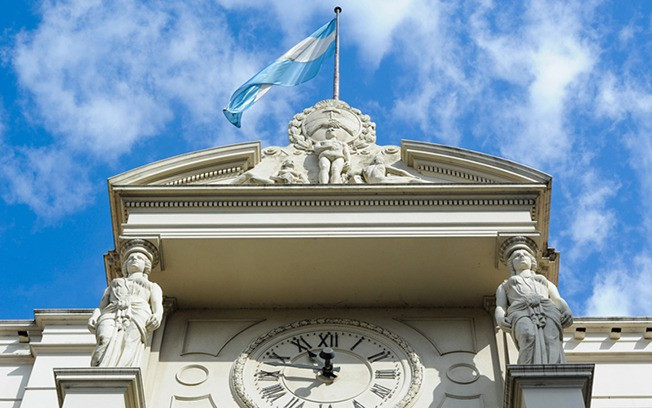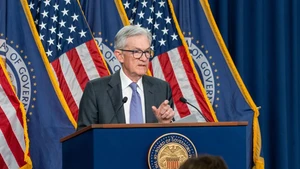The IMF announcement said that the agreement with Argentina will be presented to the IMF Executive Board for consideration in the coming weeks and, if approved, will allow the Argentine Government to receive a disbursement of 4.7 billion USD. This is necessary money to help Argentina pay off debt and support crisis response plans.
In the second half of 2023 alone, Argentina needs advances worth 10.6 billion USD to increase central bank reserves and fiscal consolidation as required by the IMF. This South American country faces challenges as inflation rises to more than 200% and the poverty rate exceeds40% of the population. A series of financial consulting companies in Argentina estimated, that the consumer price index (CPI) in Argentina increased from 210%-220% in 2023.
The new Argentine government's strong devaluation of the local peso currency caused the CPI in December 2023 to increase to a record of more than 29%, of which food prices increased by 35.3%.
Consulting company LCG estimated Argentina'sDecember 2023 inflation at 28%, corresponding to a yearly increase of 218%. Most financial consulting companies in Argentina estimated that inflation in January 2024 will be at the same level as December 2023, in which prices of public services and prepaid bills will increase the most.
Faced with immense difficulties, President Milei pushed to implement the commitments he made in last year’s election.
The far-right leader vowed to dollarise the economy; privatise the National Energy Corporation YPF, Aerolíneas Argentinas, as well as state-owned water supply, telecommunications, and railway companies; cut the state budget deficit by 20 billion USD; floating prices of electricity, food and medical services; cut 5,000 public sector jobs and legalise the use of cryptocurrency.
However, Chairman of the Market and Investment Strategy Group of JP Morgan Bank, Michael Cembalest,recently warned that Milei's plan to dollarise the economy “will fail”, saying that the liberal economic model pursued by President Milei is only feasible in countries with certain conditions, which “Argentina does not have”.
In his report on the financial market situation, Cembalestsaid that President Milei's government, which is in the minority in the National Congress, needs 2/3 of the votes in support to pass the necessary reforms for the ability to convert the use of USD in the economy. Besides, to implement this plan, Argentina must have significant foreign exchange reserves and much higher savings interest rates.
Furthermore, the ability to convert to another currency is usually only possible where there is a combination of factors, such as high economic performance, flexibility and business dynamism, allowing that economy to cope and withstand shocks in domestic and foreign markets. Cembalest’s report also presented institutional indicators, labour market flexibility, freedom and dynamism in business, related to one of the aspects and conditions when assessing the dollarisation of the third largest economy in Latin America.
President Milei's reform plans currently face many challenges, including labour issues. Argentina's National Labour Court has suspended his government's proposed labour reform bill. The labour reform bill was suspended at the request of the General Confederation of Labour (CGT) - the largest trade union in Argentina.
CGT welcomed the above ruling, while representatives of President Milei's administration affirmed that they would appeal. The “austerity” policies of President Milei’s administration faced strong opposition from workers, and the CGT launched a nationwide general strike on January 24 and announced that it would file a petition to the Argentine Supreme Court against the government's new economic policy.
















